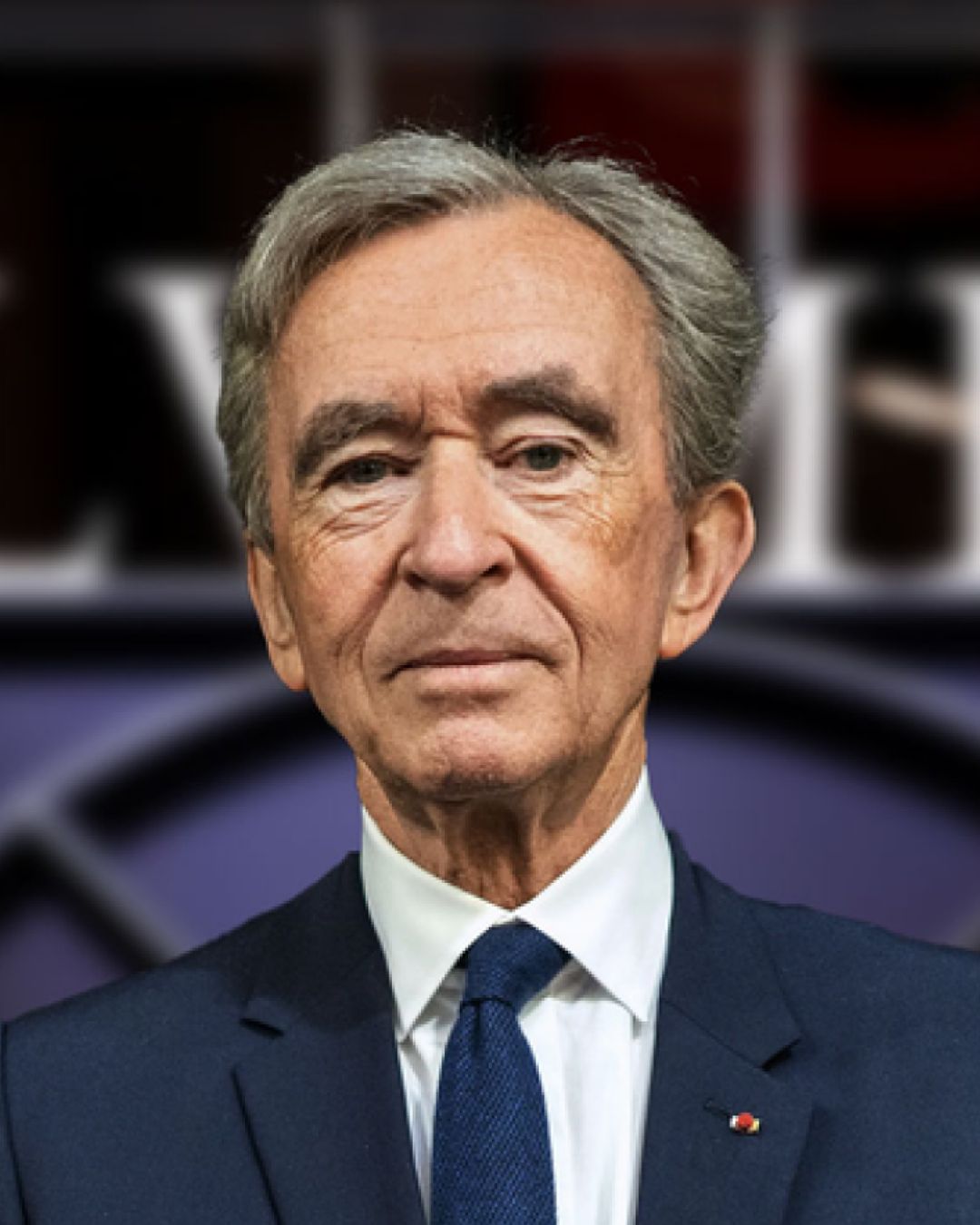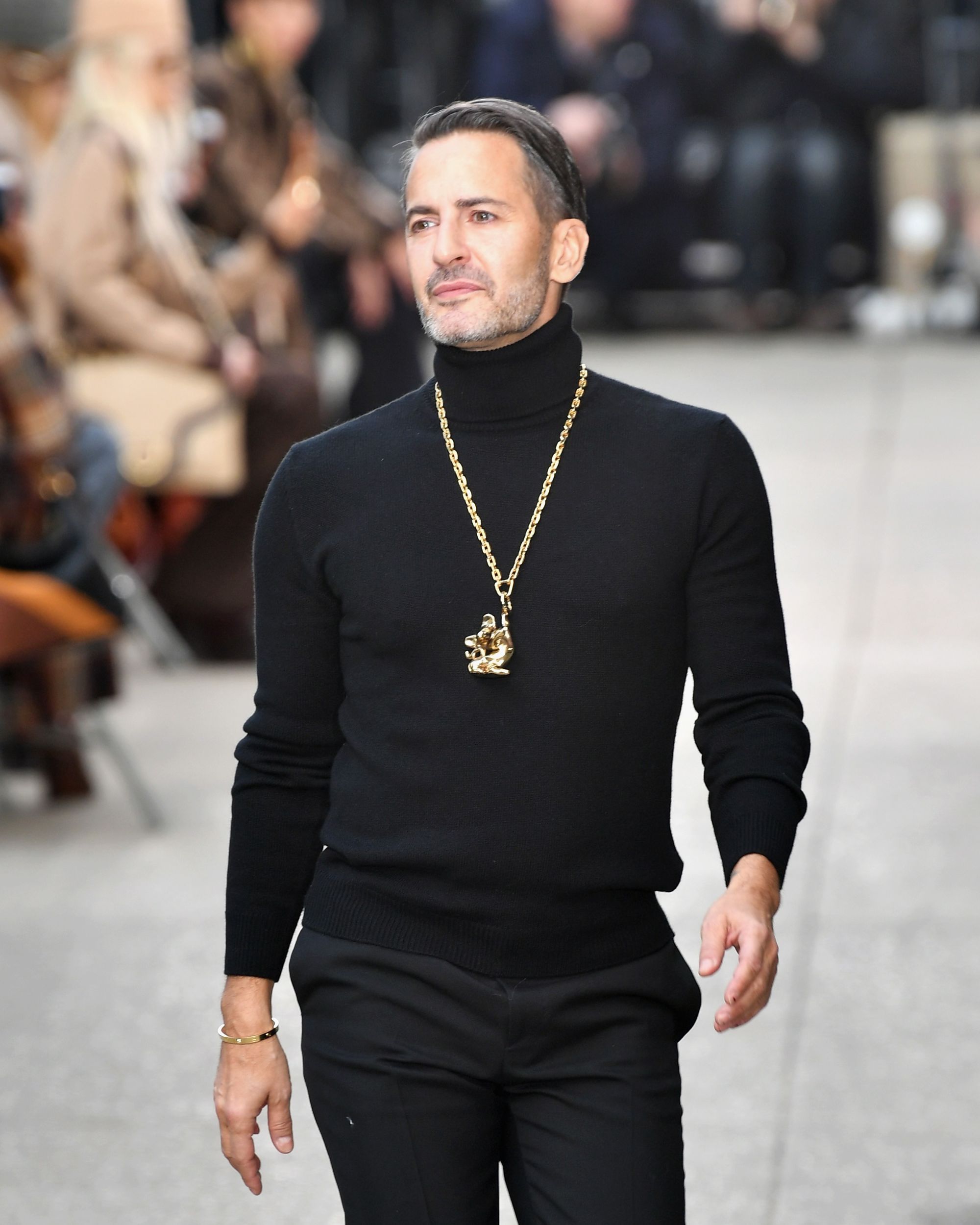
Why was Bernard Arnault summoned to court in France? It has to do with a former intelligence chief and less-than-clear monitoring practices
Bernard Arnault recently appeared in a Paris court as a witness in a high-profile trial known in France as the “Squarcini affair.” The case revolves around Bernard Squarcini, a former head of French domestic intelligence, accused of abusing his government connections after transitioning to the private sector as a security consultant for LVMH in 2013. As explained by the Financial Times, Squarcini has been charged with influence peddling, misuse of public funds, and illegal surveillance. Investigators allege that during his tenure both in the intelligence agency and at LVMH, Squarcini used his contacts to spy on left-wing activists, including François Ruffin, a journalist turned politician who criticized LVMH in his satirical 2016 documentary Merci Patron! The film highlighted the struggles of workers affected by the closure of an LVMH supplier factory and later won a César award. Squarcini allegedly infiltrated Ruffin’s activist network, recruited informants, and attempted to obtain a copy of the documentary before its public release. Ruffin’s left-leaning publication, Fakir, was also allegedly under surveillance, with suspicions that LVMH aimed to neutralize protests planned during one of the group’s shareholder meetings.
Arnault, however, has denied any knowledge of the contested activities. He stated that Pierre Godé, his trusted deputy who passed away in 2018 and was responsible for hiring Squarcini, had not informed him of the actions now at the center of the trial. Arnault emphasized that LVMH adheres to legal and ethical standards in all its operations and has distanced himself from the accusations, asserting that any questionable activities would have been carried out without his knowledge. He also rejected claims that he or the company targeted Ruffin personally, although he criticized the activist’s motives, accusing him of exploiting the trial for political and media gains. Arnault mentioned that he had watched Ruffin’s documentary and described it as “very entertaining.” Beyond Arnault’s detachment from the events, the trial is noteworthy for highlighting how state-level intelligence tactics can be leveraged by major corporations for private purposes. It has also underscored the importance of activists and whistleblowers in monitoring the actions of increasingly powerful multinational corporations with ties to politics and the media.
@_agora__ François Ruffin !! #ruffin son original - AgOrA
This is not the first time Bernard Squarcini has caused headaches for LVMH. In 2021, the luxury giant agreed to pay €10 million to settle an investigation involving the former French intelligence chief, who was accused of using his connections to spy on François Ruffin. The settlement, approved by a Paris judge, ended multiple criminal investigations related to the period when Squarcini worked with LVMH, where he was officially tasked with combatting counterfeiting, preventing industrial espionage, and managing crises. At the time, prosecutors alleged that Squarcini exploited his extensive network of judicial, legal, and police contacts for private interests, committing offenses such as influence peddling and privacy violations, among other accusations. Another controversial incident dates back to 2013, when Squarcini allegedly sought to obtain confidential information about a judicial investigation concerning LVMH’s attempt to acquire a stake in Hermès.
Un couple au chômage, criblé de dettes et sur le point de perdre sa maison...
— Ancien compte France 3 (@AnciencompteF3) April 9, 2020
Le documentaire « Merci patron ! » de François Ruffin, c'est ce soir à 22.35 ! pic.twitter.com/8MJP00Hax9
While denying any wrongdoing, LVMH agreed to resolve the investigation by paying a fine, without admitting liability—a pragmatic choice to avoid a long and reputation-damaging trial. At the time, Ruffin criticized the settlement, arguing that the amount was minuscule compared to LVMH’s annual revenues, which are in the billions, and denounced the disproportionate influence of multinationals on the judicial system. The case sparked a debate in France about the effectiveness of public interest agreements introduced under the 2016 Sapin II anti-corruption law, which allows companies to settle legal disputes through fines. These agreements are seen by some as a way to expedite complex cases and generate revenue for the state, while others view them as a form of purchased immunity. Although the luxury giant has committed to strengthening its compliance policies, the case continues to fuel discussions about the consequences of relying on opaque practices to protect corporate interests.















































